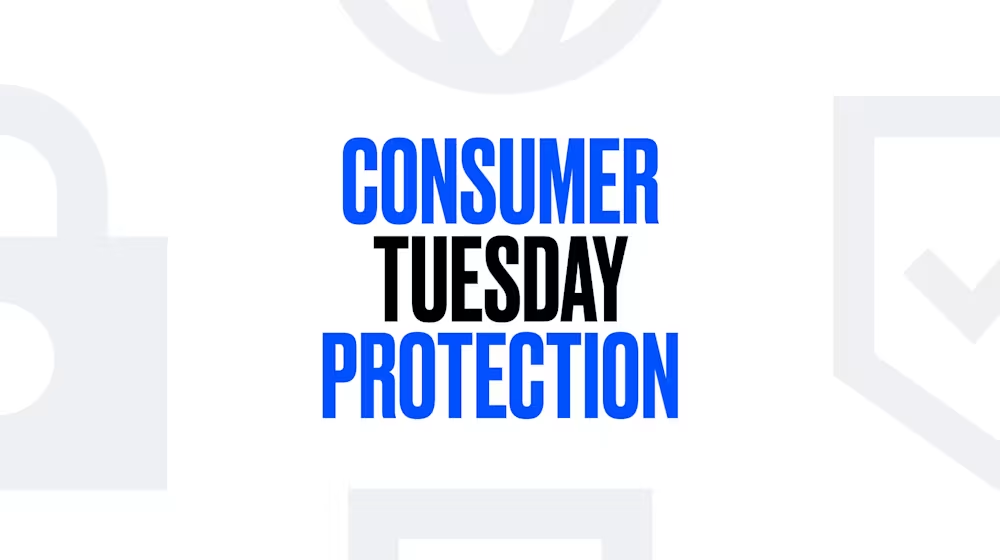Consumer Protection Tuesday: What to Do If You Think You’ve Been Scammed
Tl;dr: Realizing you’ve been scammed can be overwhelming, but acting quickly is key. In this blog, we outline the steps to take immediately after a scam, so you can minimize losses, protect your information, and report the fraud to help stop the perpetrators.

This post is part of a weekly Tuesday series at Coinbase about the latest consumer protection and security measures for crypto owners.
At Coinbase, we’re on a mission to help update the financial system to make it safer and more secure. While crypto is only linked to 0.14% of illegal transactions, crypto security is always our top priority. Coinbase maintains a robust compliance program, which includes Know Your Customer (KYC) checks, sanctions screenings, suspicious activity reporting, and strong law enforcement partnerships to detect and prevent illicit activity on our platform.
Scams Happen—Here’s How to Respond
Online fraud has become increasingly sophisticated. From romance scams to fake investment opportunities and phishing emails, scammers know how to exploit emotions and urgency to trick even the most careful individuals.
If you’ve been scammed, quick action can help you recover and protect yourself from future harm.
1) Stop All Communication
Cut off contact immediately with the suspected scammer. Do not send any more money or information, even if they promise to return your funds.
Block the individual on all platforms—email, phone, social media, and messaging apps.
2) Secure Your Accounts and Devices
Change your passwords and enable two-factor authentication on your financial, email, and social media accounts.
Run a malware scan to make sure your device hasn’t been compromised. If you shared sensitive information, notify your bank and consider freezing your credit.
3) Document Everything
Save all messages, emails, receipts, and transaction IDs related to the scam. These records will be essential for investigations.
Take screenshots and write down the sequence of events while it’s still fresh in your mind.
4) Report the Scam
Even if it feels futile, reporting a scam is crucial for law enforcement efforts and can prevent others from being targeted.
Where to Report:
FTC: reportfraud.ftc.gov
FBI: ic3.gov
Your local police department or attorney general’s office
Your bank or financial institution
Coinbase customers: Contact Support
5) Talk to Someone You Trust
Scammers often rely on shame to keep victims silent. Speaking to a trusted friend, family member, or counselor can provide emotional clarity and possibly reveal next steps.
If the scam involved larger sums or legal concerns, consult with a lawyer or financial advisor immediately.
6) Learn and Share
Understanding how scams work—and sharing that knowledge—is our best defense against scammers.
Bookmark and follow trusted security resources. Read our guides on customer service and romance scams to stay ahead of common fraud types.
You’re Not Alone—And You’re Not Powerless
Being scammed is a painful experience, but what you do next makes all the difference. By securing your information, reporting the crime, and staying informed, you can take back control and help others in the process. At Coinbase, we remain committed to helping everyone navigate crypto securely and confidently. Stay safe, stay alert—and don’t hesitate to ask for help when you need it.
Recent Stories
Deribit joins Coinbase: Unlocking the future of global crypto derivatives
Coinbase has closed our acquisition of Deribit, officially making Coinbase the most comprehensive global crypto derivatives platform. This follows a record month of volume and revenue for Deribit as international momentum around crypto options heats up.
